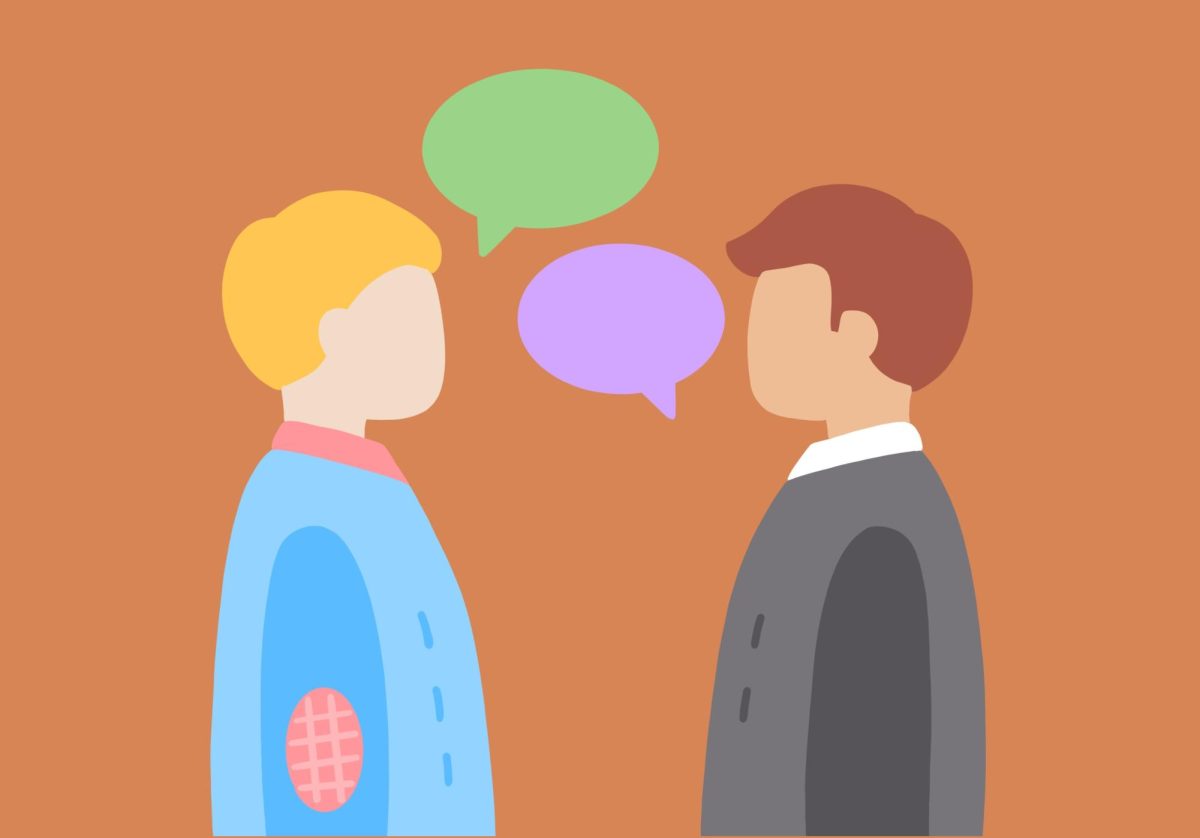Since when did being an “activist” become synonymous with being a person who probably votes once every four years and who rants about politics with like-minded friends when drunk? Of course, there is the competing definition of activist, which has come to refer to a cultural studies major who spends his time derogating everything Western. Between you and me, I would wager that we could count the number of really active activists I have met in the past four years at the University on our combined fingers and toes ” if we even need that many.
OK, I am admittedly being facetious, because there are many great people involved in a lot of wonderful activities on and around campus. I just want to anger our blood and rescue “activism” from becoming a pejorative term. I want us to reclaim the word activism to describe actual work toward making the world better, and I want to encourage a lot of spring-semester resolutions to get active in our communities.
Allow me to illustrate the importance of “activism” with a humorous anecdote from my own life. For about the first year and a half of my time at the University, I did not get involved in much of anything, and was not all that involved in class, where involved means attending, to be perfectly honest. However, I am tempted to cite my numerous $5 contributions to the University keg economy as a type of involvement.
It was not until the spring semester of my sophomore year that I did any kind of volunteer work. For the philosophy course I was taking, we were required to involve ourselves in at least three hours of volunteer work per week, which we would reflect on in group discussions. The work I chose was simple enough: Help a struggling elementary school student with his homework. The student’s name was Ed.
When I went to pick Ed up from home the first day to take him to the nearby school’s library, I asked to meet his parents to let them know their child was not heading off with a crazy person. Ed led me to the living room where his father did not even pause the Tetris-like game he was playing on a Super Nintendo when I introduced myself and tried to indicate that I was indeed not a kidnapper. Needless to say, it was obvious Ed was not getting a lot of support at home.
Ed and I became friends quickly, mostly because he would do anything to keep from doing the math homework he had so much trouble with. He regaled me with stories of playground girlfriends and never missed an opportunity to ask if we were done yet, and could we go play basketball in the gym as his reward. Soon Ed had convinced his best friend in joining us for tutoring, where both seemed to improve their math skills.
The highlight of my time with Ed and his friend was when we were jumping off stacks of tumbling mats in the gym and they spontaneously sang a verse of rapper Nas’ inspirational song “I Can.” The chorus is: “I know I can / be what I wanna be / if I work hard at it / I’ll be where I wanna be”
I almost shed a tear.
A few weeks later when temperatures began to permit outdoor playing, I got a call from Ed saying he did not want to come to tutoring anymore. I was crushed, but the positive impact this experience had on me was profound. I think I became a more interesting person at this point by being able to relate funny stories about actual reality, instead of just reality TV. I had learned that volunteer work does not have to be painfully sacrificial.
Since my time with Ed, I have been involved in a plethora of volunteer opportunities, some surpassing the joy I felt with Ed and some leaving me feeling defeated. Yet I have come to relish that feeling of civic engagement that arose in me during my tutoring experience. No longer do I cynically throw up my hands at politics and the prospect of a better society.
“Activism” refers to the sharing of our voices and time with others in the hopes of a better tomorrow; what I would call real democracy. Sound cheesy? Yes, but that is what activism is about. A bourgeoisie progressive who smokes American Spirits does not make an activist.
When activism is understood as positive community engagement, one recognizes that there are many great ways to become an activist at the University. There are opportunities to share one’s faith with the Interfaith Student Partnership, to learn about Eastern meditation practices with Mindfulness for Students or the Cold Prairie Zen Group, to campaign for cage-free eggs with Compassionate Action for Animals, to advocate for cleaner politics with Democracy Matters or Americans for an Informed Democracy, or even to get involved with campus publications like the Daily, The Wake, and Students for a Conservative Voice. There are hundreds of groups on campus which can rightly be called “activist” organizations under our updated definition. I can hardly begin to list the possibilities here, so I will refer you to the Student Activities Office Web site (www.sao.umn.edu/) to see many of them.
There are many reasons to become an activist, including helping others and having funny anecdotes to tell. Whatever inspires you, I encourage you to make spring 2006 a semester of activism.
Jason Ketola welcomes comments at [email protected].







